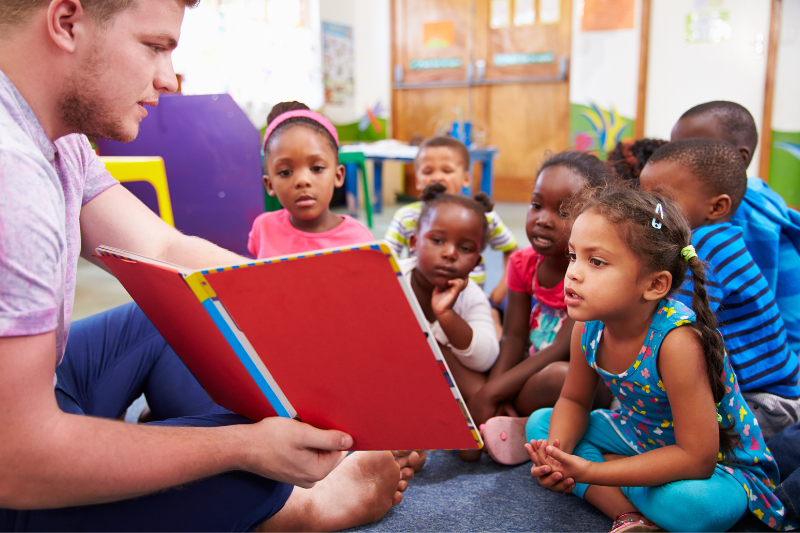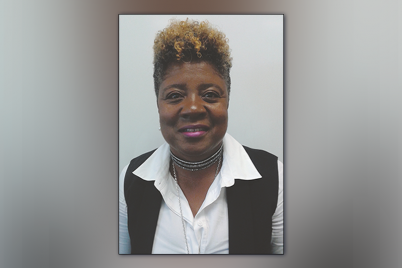Children who receive quality early education demonstrate cognitive, social and emotional growth.
BY TRACEY WADE, Contributor
Early childhood education begins as early as birth and goes on until children reach kindergarten. During the first years, a child’s brain is at its most flexible, making this a critical period for learning and growth. Waiting until kindergarten is too late. Children who receive quality early education demonstrate cognitive, social and emotional growth.
Many families with young children may ask: How will an early childhood education prepare my child for success?
Children develop skills the way builders construct a house: they start with the foundation. What gets built on that foundation at different stages of development determines what the house looks like and how to get from room to room.
Watching children learn can be a lot like passing a construction site daily, and suddenly you notice the house going up faster than you expected. Other times, you may not see very much happening, but there’s a lot of work going on behind the scenes.
Cognitive skills development
Children build cognitive skills through activities that challenge them to try new things, solve problems, ask questions, spatial relationships, number sense, classification and symbolic play. All in all, cognitive skill development can benefit not only your child in the classroom but outside of the class as well.
Social skills development
Children who take part in early childhood have improved social skills and do better in school. The environment provides plenty of opportunities to learn how to make friends, cooperate, listen, and build foundational conversation skills.
Emotional development
Children who understand and express emotions more easily have better empathetic and social skills, which can help to build relationships. They do better academically. Even before children enter school, they are taught which emotions are appropriate to express and how they should express them. Teaching children to express their feelings with words will help them grow more independent, as well as avoid other means, such as physical, to express their emotions or solve a conflict.
Literacy development
Early literacy means helping children develop a rich vocabulary, self-expression, and reading comprehension tools they need to become successful readers and lifelong learners. These skills allow a young child to enter kindergarten with a love of books and a readiness to learn.
Math development
Children use early math skills daily, at home, getting dressed, brushing their teeth, eating breakfast, and going grocery shopping. All these activities present opportunities for teaching mathematics in early childhood.
Math is an integral part of learning for children in the early years because it provides vital life skills, helps them make sense of the world around them, and teaches them to reason. Math also teaches them to solve problems, learn about numbers by counting objects, read counting books, and teach children how to use and understand shapes.
While literacy, math, and cognition are essential, brainy skills are not the only ones young children should learn.
Self-esteem and confidence
Children experience tons of positive reinforcement; they also have positive interactions with their teachers and their classmates. These early interactions build up children’s self-esteem at an early age, and the confidence will carry them throughout life.
Early education is a foundational opportunity for growth
More than anything else, early education helps children develop the skills they will need to grow throughout their lives.
With improved social and communication skills, children feel more comfortable asking for help and cooperating. With strong pre-literacy, cognition and math foundation skills, they are less likely to struggle or have a negative experience in school.
Benefits of early childhood education:
- Develop good habits
- Develop literacy and numeracy skills
- Patience
- Teamwork
- Respect
- Enthusiasm
- Sharing
- socialization
You can see that these surprising benefits of early education extend far beyond giving children the chance to play with their friends all day. These benefits of early childhood education are thanks to supportive, trained teachers who make learning come alive daily in early childhood classrooms.
One of the significant benefits of early childhood education is that it builds a love of learning that lasts well past the preschool years.
Education is an investment; the time is now to invest in your child’s future.
 Tracey Wade is a St. Pete native and has been an early childhood educator for more than 20 years.
Tracey Wade is a St. Pete native and has been an early childhood educator for more than 20 years.












